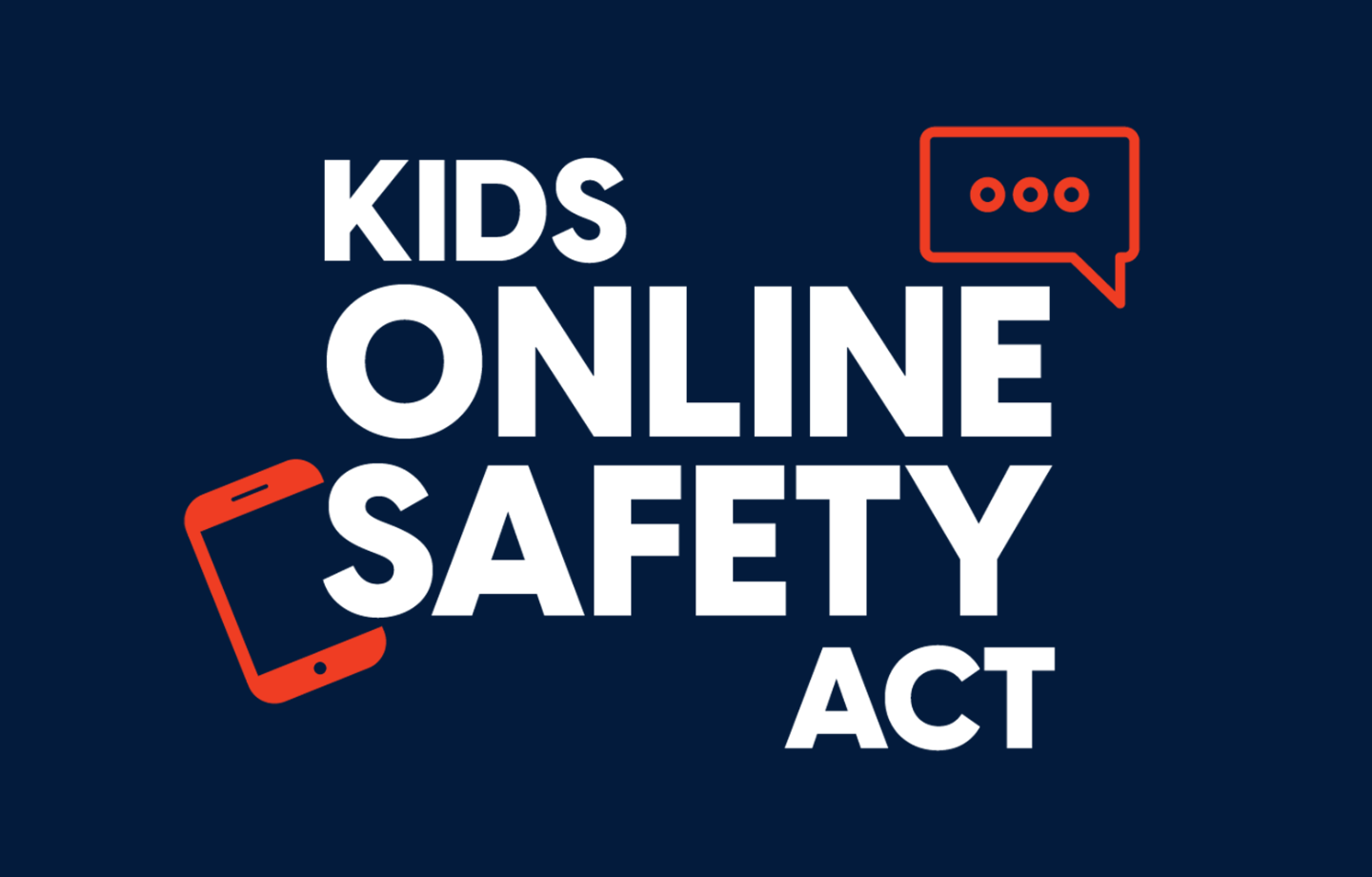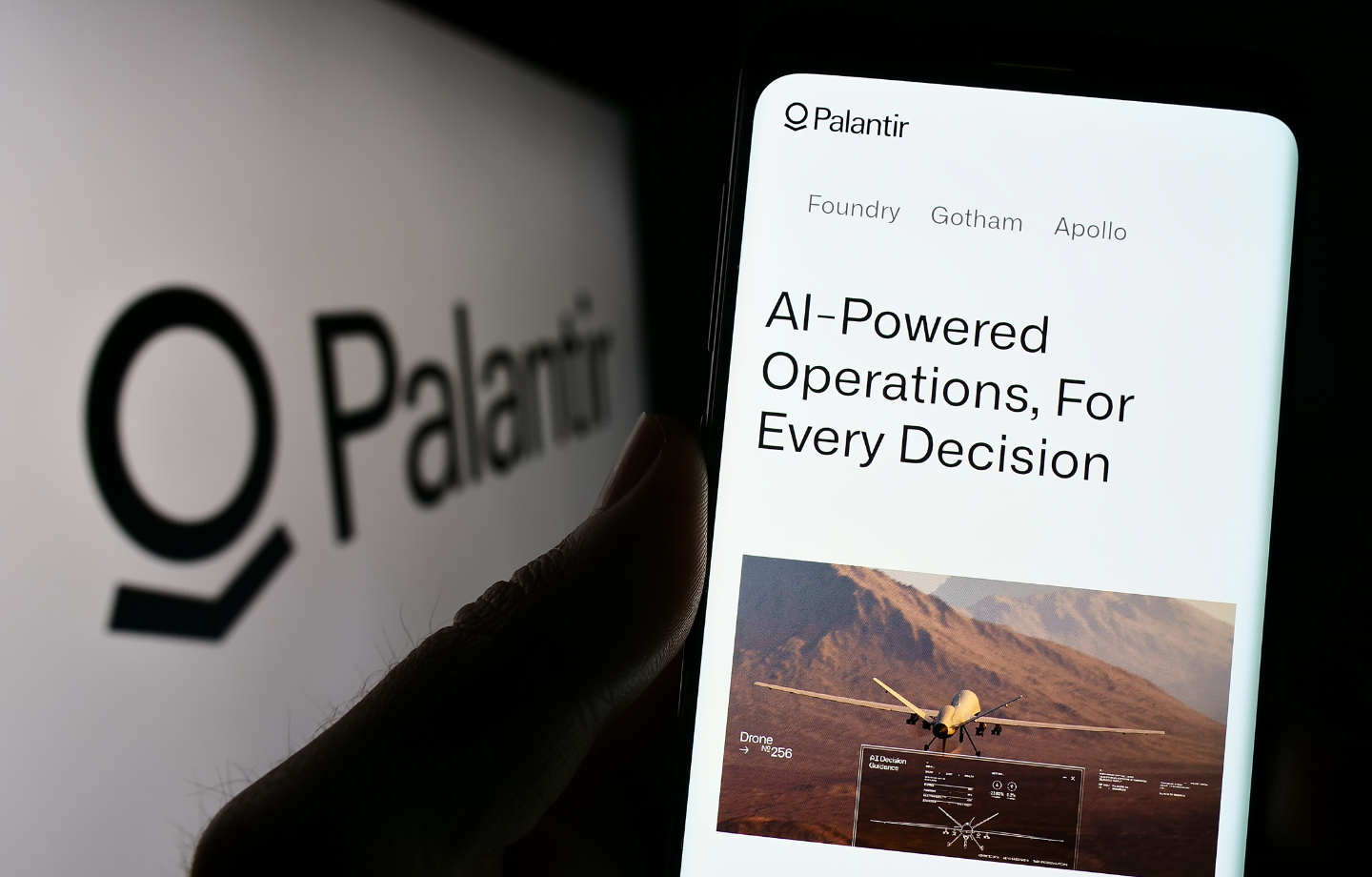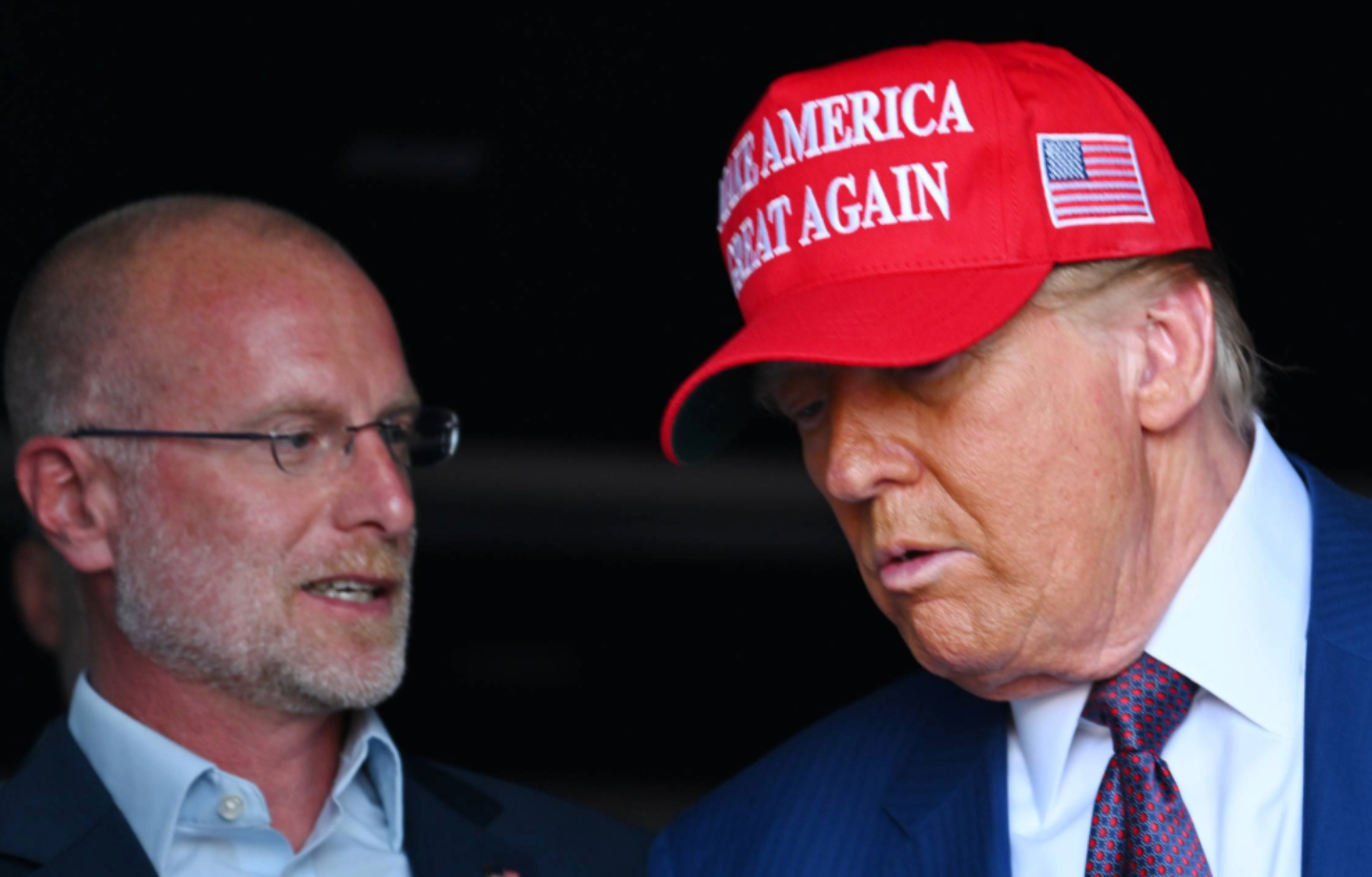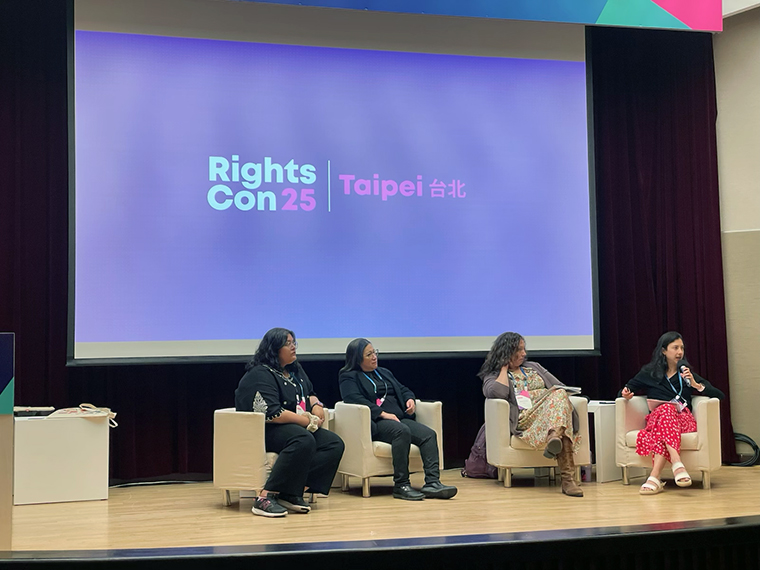Tech CEOs Are Not Above the Law – But Human Rights Should Inform How They Are Held Accountable
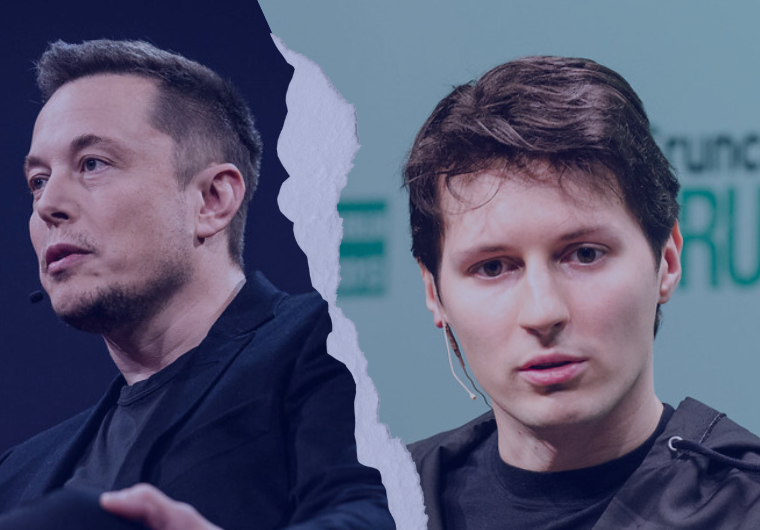
September 16, 2024
Events in recent weeks have provided a wake-up call to high-profile tech CEOs who sometimes like to pretend they are sovereign and untouchable.
Two key examples:
- The first case concerns the arrest of Telegram’s billionaire founder, Pavel Durov, on August 24. Durov, who has long prided himself on being anti-authority and built Telegram with an eye to evading law enforcement demands, was detained in Paris on the grounds that he violated French criminal laws by facilitating child sexual exploitation and fraud, among other crimes. In a striking about-face following his release on bail, Durov pledged to “significantly improve” how Telegram counters criminal abuse of the platform.
- The second case concerns the decision by Brazil’s Supreme Court on August 30 to block access to Elon Musk’s platform, X. The country-wide ban was the culmination of a months-long confrontation between Brazil’s powerful Supreme Court justice, Alexandre de Moraes, and the tech CEO. Musk had refused to comply with the justice’s demand that the platform remove a number of right-wing accounts engaging in disinformation about Brazil’s electoral system and appoint a local representative who could be held criminally liable for the platform’s failure to do so.
Both cases illustrate that legal systems are still able to impose the rule of law on some of the most powerful and defiant individuals. But before breathing a sigh of relief, one should consider whether these forms of accountability are actually consistent with human rights.
The grounds for Durov’s arrest appear simple at first glance. Telegram is widely considered a cesspool of criminal and abhorrent material. Being complicit in the dissemination of child sexual exploitation material and selling illegal drugs are unambiguous crimes — not only under French law but under almost every legal system. But the indictment is unclear about the grounds for Durov’s culpability: Is he being charged for actively facilitating crimes on his platform or for passively allowing such content to flow unchecked? Does a platform’s woefully, and perhaps purposefully, inadequate moderation system mean that its CEO should be liable for any third-party conduct on the platform? French judicial authorities have yet to shed light on these questions, raising concerns about the legitimacy and legality of the arrest.
The case against Elon Musk’s X in Brazil is even more complicated and politically fraught. Although the text of the proceedings against X remain sealed, the Brazilian justices’ grounds for banning X appear to be the platform’s refusal to take down specific accounts which the justices deemed to be spreading disinformation related to Brazil’s elections. International human rights law affords particularly strong protection to political speech, requiring a “high threshold of legality, legitimacy, necessity and proportionality” when restricting individuals’ ability to voice their political opinions, even if they are wrong.
Further, as Access Now notes, blocking entire online platforms and holding platform employees criminally liable for moderation failures are “extreme actions” that are “rarely proportionate.” The departure of X from Brazil may provide a temporary blow to the company’s bottom line. But the heaviest burden is borne by everyday Brazilians who have been deprived of a key platform for political news and debate.
Accountability under the rule of law is certainly compatible with, and even required by, human rights — and in both these cases there are reasons to demand that platform owners exercise greater vigilance over their digital tools. But those who wield coercive state power need to ensure that the laws they apply, and the way they apply them, comport with human rights principles.
 Technology & Democracy
Technology & Democracy